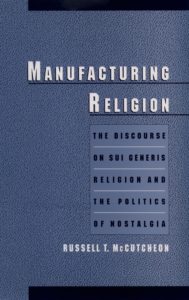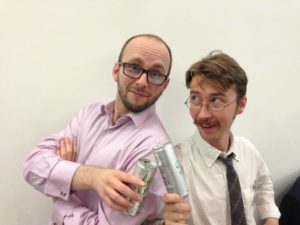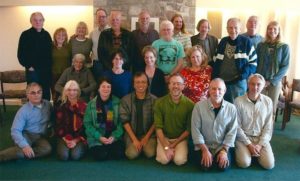'Secular Humanism'
<\/h2>
27 January 2014
In Thomas Coleman’s interview for the RSP with Tom Flynn, secular humanism is described as a “complete and balanced life stance” rejecting supernaturalism. Recorded at the Center For Inquiry’s 2013 Student Leadership Conference, Tom argues that secular humanism offers more than agnosticism and atheism.
Podcast: Play in new window | Download | Embed
Subscribe: RSS
Featuring
Thomas J. Coleman III

Tom Flynn

Bruno Latour, Gaian Animisms and the Question of the Anthropocene
<\/h2>
20 January 2014
Scholar of religion and nature Bron Taylor responds to Bruno Latour's 2013 Gifford Lectures, discussing the concept of the Anthropocence and contemporary spiritual-religious responses to the new epoch of climate change. The question about climate change has emerged as one of the defining debates of contemporary social and political discourse.
Podcast: Play in new window | Download | Embed
Subscribe: RSS
Featuring
Bron Taylor

Jack Tsonis

‘Religion’ as 'sui generis'
<\/h2>
13 January 2014
In this interview with Thomas Coleman, McCutcheon discusses what he terms as the “socio-political strategy” behind the label of “sui generis” as it is applied to religion. The interview begins by exploring some of the terms used to support sui generis claims to religion (e.g. un-mediated, irreducible etc.)...
Podcast: Play in new window | Download | Embed
Subscribe: RSS
Featuring
Russell McCutcheon

Thomas J. Coleman III

Nul Point | Mid-Year Special 2013
<\/h2>
23 December 2013
What is the least well known book of the Bible? How many people in the UK listed their ‘religion’ as ‘Jedi Knight’ on the UK 2011 Census? What is Professor Jim Cox’s drink of choice? To find out, you need do nothing more than hit ‘Play’ and enjoy this forty minutes of pure, unadulterated, top quality Religious Studies entertainment.
Podcast: Play in new window | Download | Embed
Subscribe: RSS
Featuring
Christopher R. Cotter

David G. Robertson

David Gordon Wilson

James L. Cox

Hanna Lehtinen

Religious Studies and the Paranormal, Part 2
<\/h2>
18 December 2013
In this second part we ask "the epistemic/ontological question": in studying these experiences, how far should we be concerned with the ontology? Would to do so be an abandonment of the scientific materialism which underpins the discipline, and therefore a slide back into theology? Or can there be a bigger model of materialism - a "complicated materialism", to use Ann Taves' expression - in which these phenomena might be suitably explicable?
Podcast: Play in new window | Download | Embed
Subscribe: RSS
Featuring
Ann Taves

Tanya Marie Luhrmann

Paul Stoller

Jeffrey J. Kripal

Fiona Bowie
